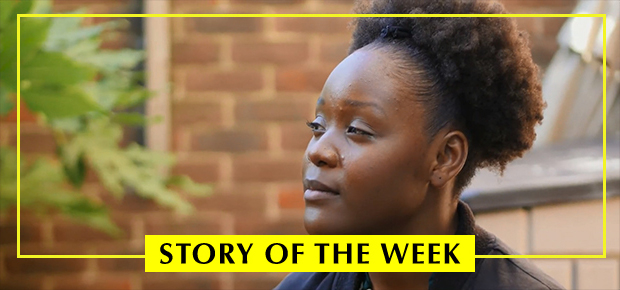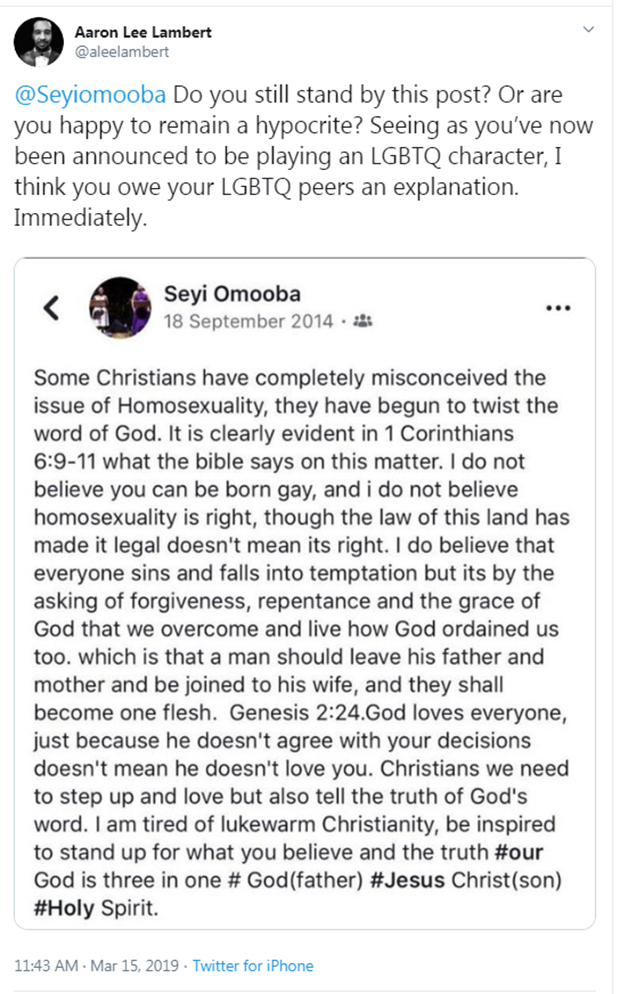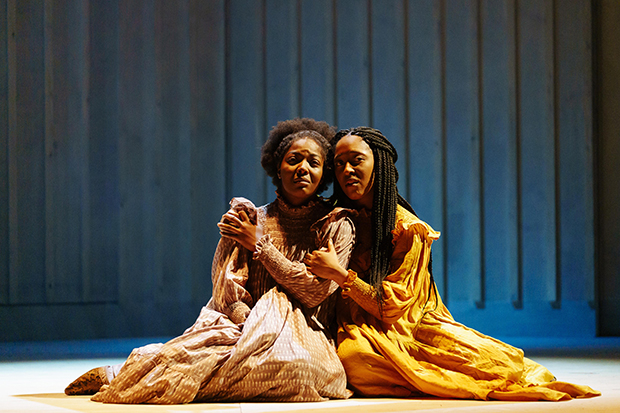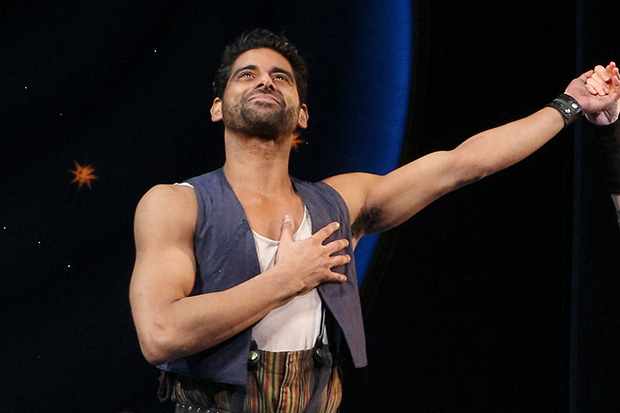Should an Actor Be Fired for Expressing Antigay Views on Social Media?

(© www.youtube.com/ccfondotorg)
On March 14, Curve Leicester and Birmingham Hippodrome announced that UK-based actor Seyi Omooba would star as Celie in their coproduction of The Color Purple, the much-loved musical adaptation of Alice Walker's Pulitzer Prize-winning novel. A week later, Omooba was out of the show because of a resurfaced Facebook post in which she cited Scripture to explain why she believes that homosexuality is wrong. This week, Omooba announced her intention to bring legal action against the theaters for breach of contract and religious discrimination.
This Story of the Week will explain how matters came to this point and explore the potential legal and social ramifications for the theater.
Why was Seyi Omooba fired?
The drama began the day after the casting announcement for The Color Purple, when actor Aaron Lee Lambert, who is currently a standby in the West End production of Hamilton and was uninvolved with The Color Purple, tweeted the following screenshot of a Facebook post Omooba made in 2014:

Lambert seems specifically irked that Omooba was cast as Celie, a poor black woman in an abusive marriage who finds some comfort in the arms of another woman. Could she really do justice to this role with her explicit antigay views? The Color Purple is notable for its synthesis of both religious and LGBT themes, which are not as irreconcilable as some people believe. I wonder if the experience of playing a religious woman who undergoes a transformative lesbian affair would have left Omooba with a more complex view of LGBT lives than the one she expressed above — but I guess we'll never know.
Lambert's tweet ignited an immediate conflagration of online outrage, with readers threatening to boycott the production. The following day, the official Twitter handle of the Birmingham Hippodrome responded, "We will be looking into the matter and will issue a full response in due course."
Omooba contends that she does not know Lambert, and that she was shocked that someone would mine her social media history for an objectionable post from 2014. She also claims that the producers of The Color Purple called her to request that she apologize publicly for her past statements. She declined. "I really wanted the role but what they wanted me to do was completely against my faith," she told The Daily Mail, adding, "I did not want to lie just to keep a job."

(© Manuel Harlan)
On March 21, the theaters issued a joint statement that following "careful reflection" on the situation with her Facebook post, Omooba would no longer be involved with the production. Shortly after, T'Shan Williams stepped into the role of Celie. The production went on to play its scheduled run in Leicester (June 28-July 13) and Birmingham (July 16-20).
That seemed to be the end of it until this week, when the story resurfaced in a dramatic way.
How is Omooba responding?
Omooba has announced her intention to sue the producers for breach of contract and religious discrimination. She also intends to bring suit against the talent agency that once represented her. Curve Leicester has confirmed receiving notice of legal action.
A group called the Christian Legal Centre is preparing to support the case. The CLC is the legal arm of Christian Concern, which produced the slick video seen above, and which was founded by none other than Ade Omooba, father of Seyi and a prominent anti-LGBT campaigner.
How could this end?
It's hard to know. As Americans, we cherish our First Amendment right to freedom of speech (even offensive speech), but we also acknowledge the right of an employer to terminate an employee whose free expression disrupts the workplace — especially if that employee is not in a union. In the UK, matters are somewhat reversed: Workers enjoy stronger protection from termination, but free speech is less jealously guarded (especially if that speech is seen as hateful). So it is impossible to know how this case would fare in a British court. If it even makes it that far, any ruling could set an important precedent for how arts employers contend in the digital age with unpopular opinions and untoward behavior from their artists.

(© David Gordon)
Increasingly, arts organizations must navigate the minefield that exists between the instant judgment of social media (widely derided as "cancel culture"), and the more deliberate process of our legal system. Last September, New York City Ballet dismissed dancer and Carousel star Amar Ramasar after it was revealed that he had shared explicit photos of a female dancer with a male colleague via text message, leading to a torrent of #MeToo condemnation. But this April, an arbitrator ordered the ballet to reinstate Ramasar, ruling that termination was too severe a punishment for his off-hours behavior. Ramasar's union, the American Guild of Musical Artists, supported him in the arbitration, explaining in a letter to its members, "We pursued this case because it's important to us that your employer is prevented from taking extreme and potentially career-ending action based on non-criminal activity in your private life."
Text messages are one thing, but can something posted to Facebook really be considered private? Certainly, Omooba's views are not criminal, however misguided. Social media has turned all of us into publishers, with the ability to blast off mini editorials at the speed of our thumbs — and it's quite clear that most people do not subject their Tweets and Facebook posts to a rigorous editing process. We all might benefit from a little more empathy for how people occasionally experience lapses in judgment when staring into the intoxicating abyss of the screen. And for those who are 100 percent certain of their opinion, greater discretion never hurts. That's one lesson that Omooba seems to have learned the hard way: "I stand by what I wrote," she told the Daily Mail, "but had I known that it would have come to this, I would have set my account to the privacy mode."










